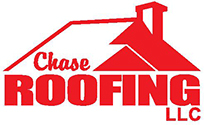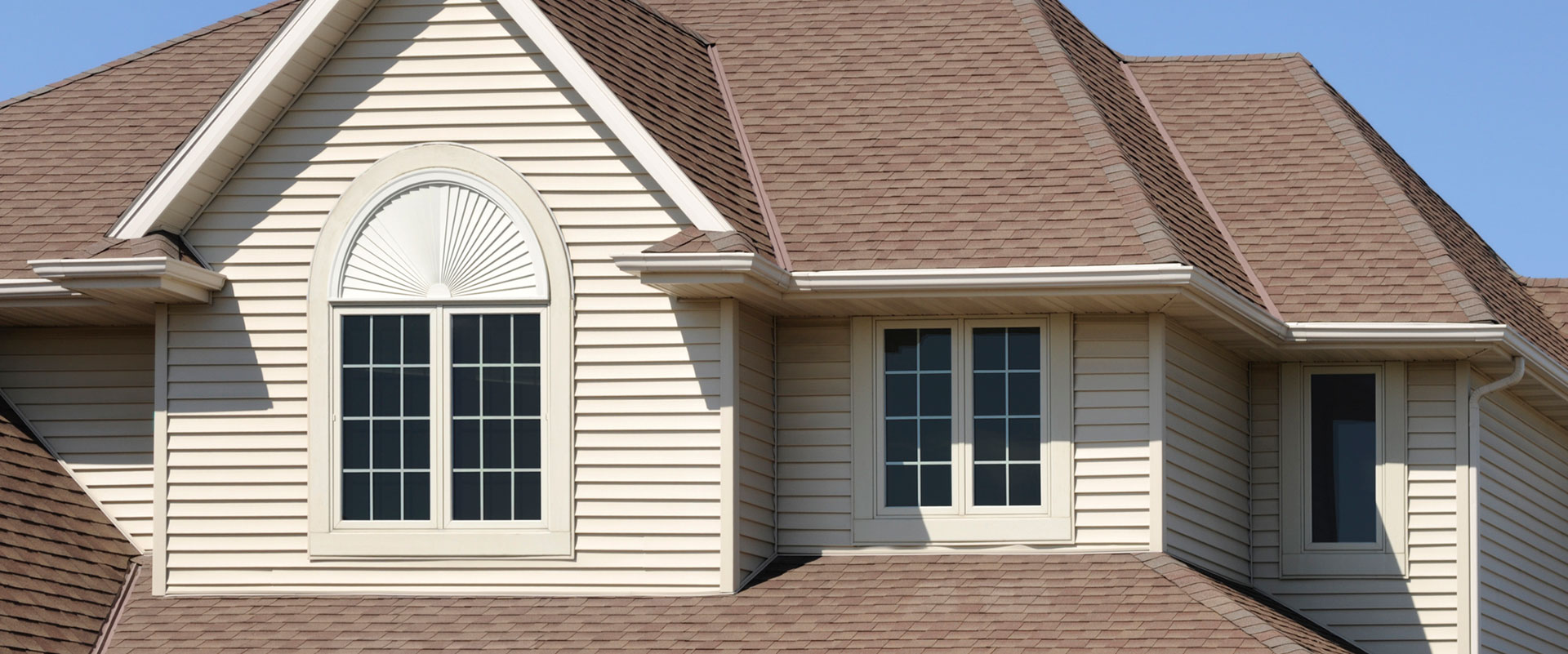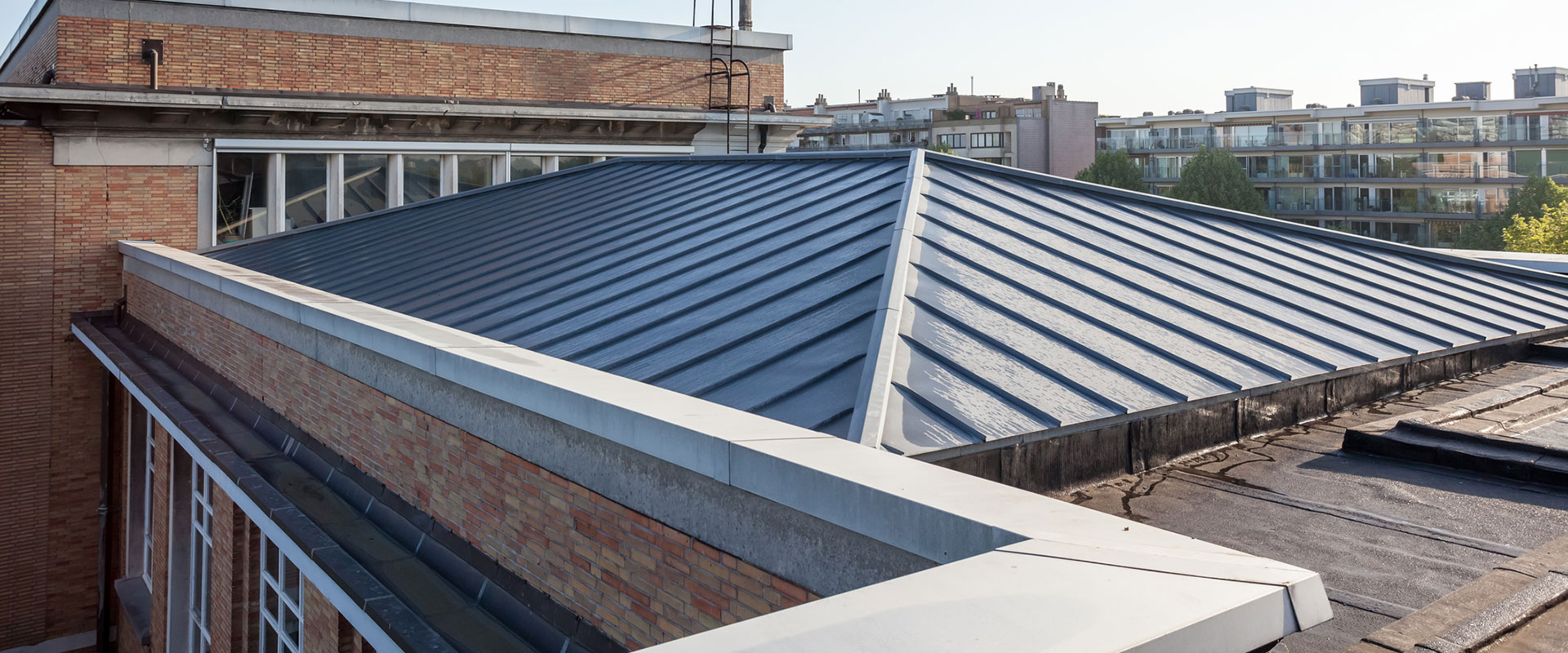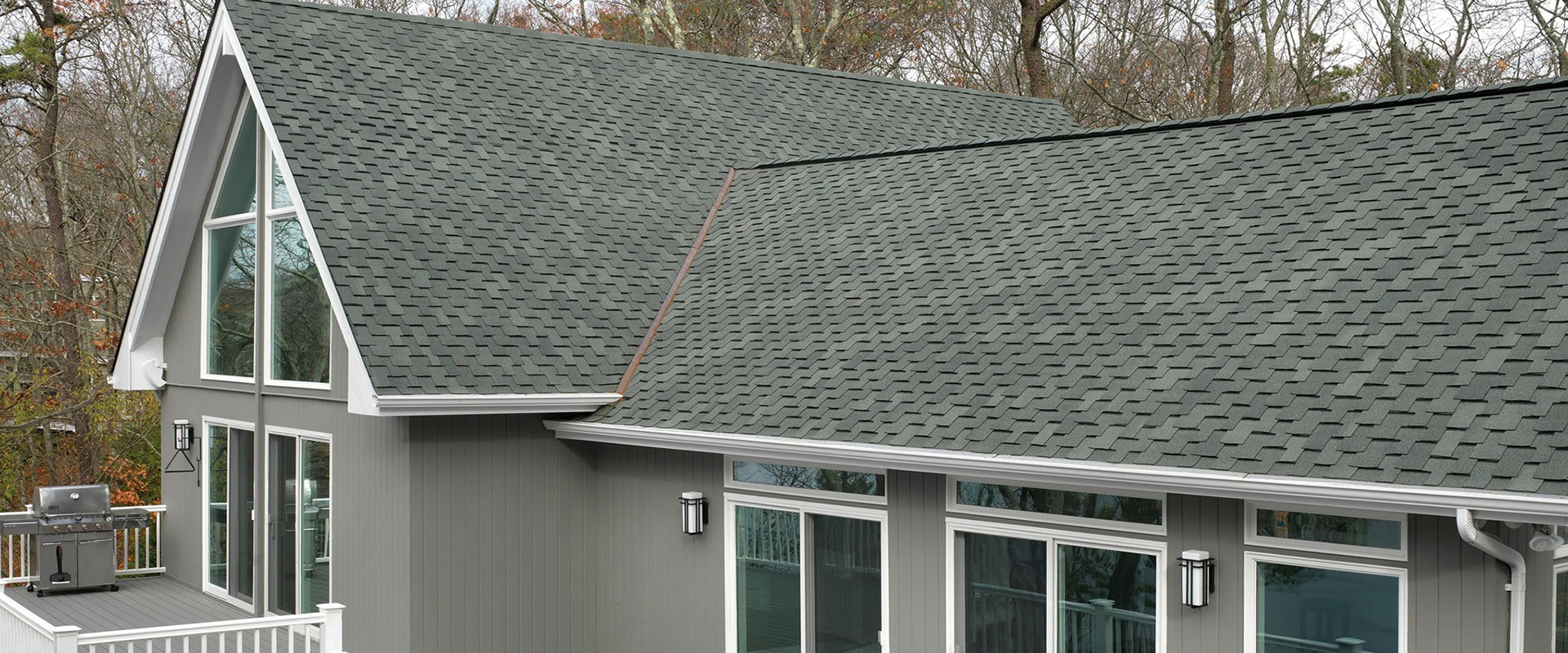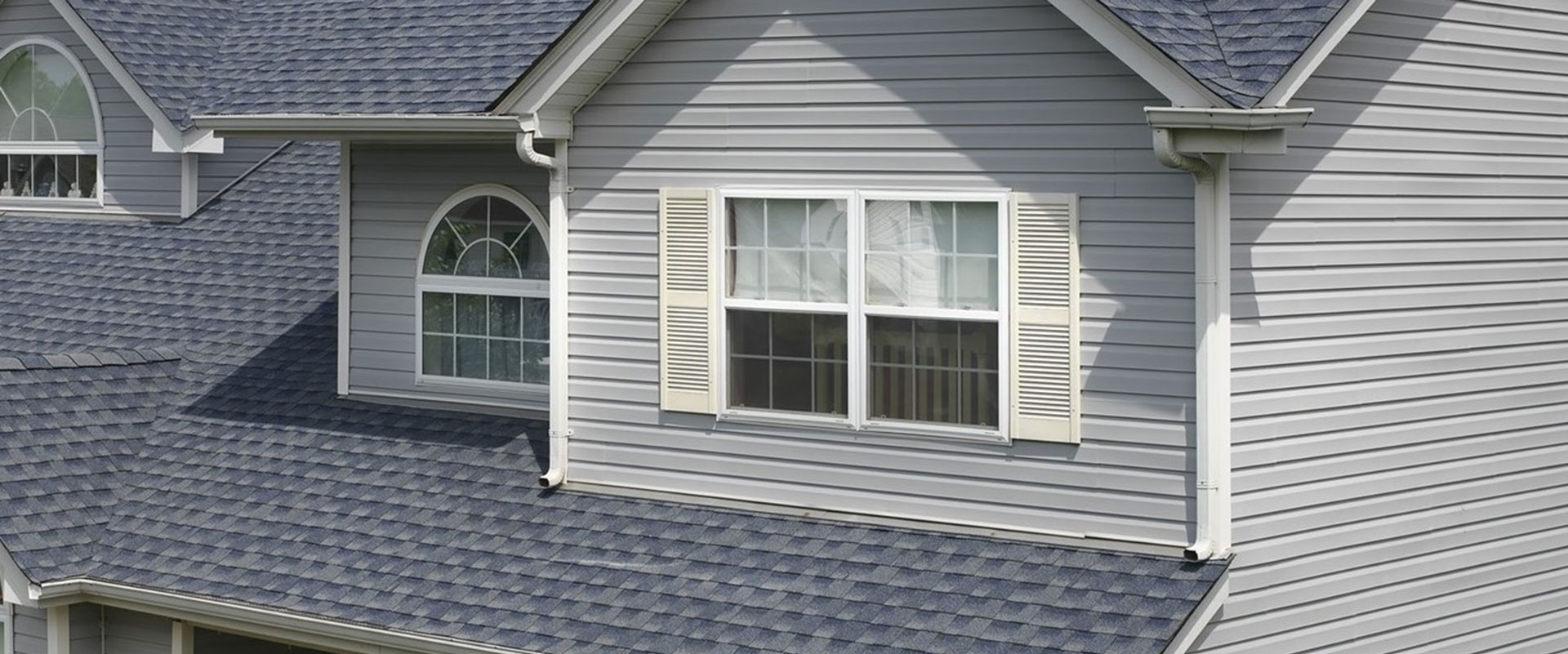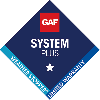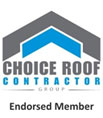A home improvement loan is a really attractive option to finance a roof replacement project. By taking advantage of it, you might even get a tax deduction on the interest paid. The tax law passed in 2017, though, limits how you use the loan money. To successfully claim a tax deduction, your primary house must stand as security of the loan. Next, you must use the proceeds to actually improve the securing property.

Chase Roofing LLC, your trusted roofing expert, explains the tax deduction details further.
Your Eligibility
The first part of the IRS eligibility test is rather straightforward. You must own the home and live in it as your primary house. Next, you must be the borrower on the home improvement loan and secure it with the property you plan on improving. If you fail to meet the first criterion, there’s still hope. A home equity loan or a home equity line of credit (HELOC) allows eligibility based on the second.
Changing of the Laws
In the past, some homeowners used home equity loans and HELOCs to merge debts and pay for vacations. They then claimed a tax deduction. Unfortunately, that’s no longer allowed due to the new tax law starting in 2018. You must show proof that you used the money to improve your home before you can take the tax deduction. The IRS only cares about how the money was actually used.
When in doubt, check with your trusted roof repair contractor. Chase Roofing LLC is here to help and refer you to a qualified CPA.
Qualified Home Improvements
Home improvements must add value to the home, adapt it for a new use, or extend its long-term usefulness. Roof replacement, among others, meets the IRS criteria. Don’t try to deduct the interest on loans used for repairs and routine maintenance, though, as they don’t qualify for tax deductions. Let your residential and roofing contractor guide you.
Chase Roofing LLC will assist in all your residential and commercial roofing problems. Call us today at (757) 872-0700 for consultation and a free estimate. We serve Hampton, VA, and its surrounding areas.
